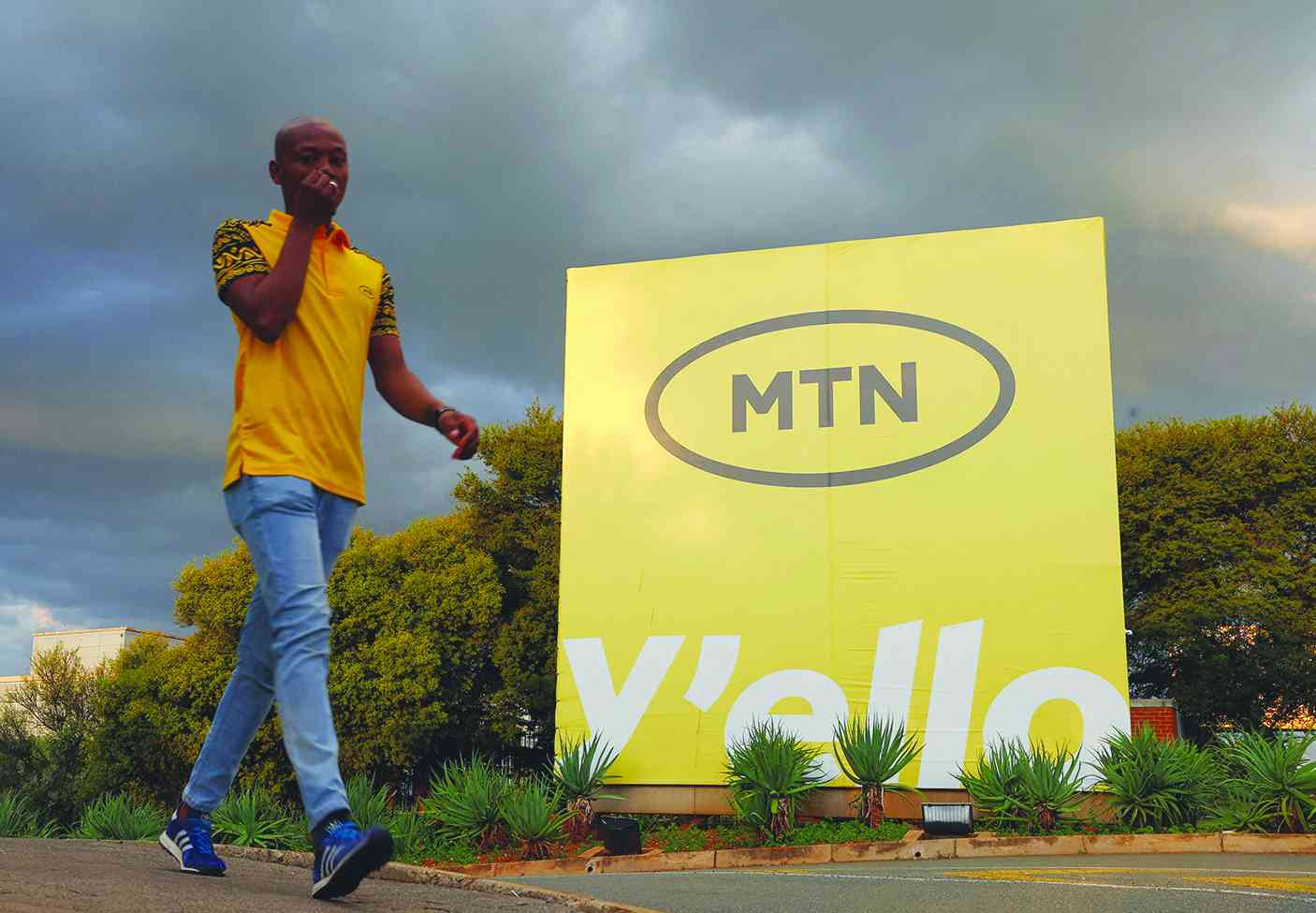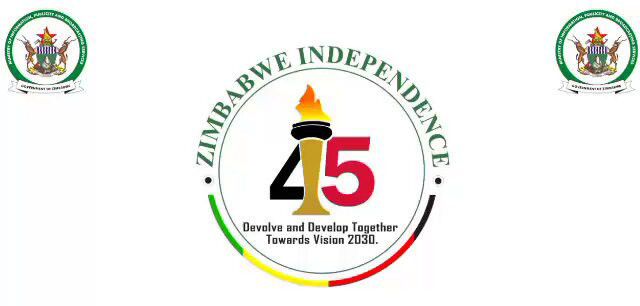
LAST week’s article introduced the concept of illicit financial flows (IFFs) and described how they are responsible for making countries, such as Zimbabwe poor (because of Zimbabwe’s high tax rates).
It articulated how corrupt multinational companies (MNCs) tend to under-declare their profits in high tax countries, whilst they overstate their profits in low-tax jurisdictions, in order to reduce the amount of tax, which they are entitled to pay.
This week’s article discusses illicit financial flows by way of providing real-life examples of how IFFs impacted high-tax countries negatively.
Expansive data on real-life examples of IFFs in Zimbabwe was difficult to come by. So, the author went on to use South African examples. However, this is not to say that IFFs are non-existent in Zimbabwe.
Case studies: MTN
A 2015 investigative report on the South African telecommunications company, MTN, observed several cross-border intra-company transactions.
These transactions could be equated to IFFs. A significant amount of funds were withdrawn from the company’s subsidiaries in high-tax jurisdictions, and were transferred to MTN’s subsidiaries in low-tax jurisdictions, such as Mauritius and Dubai.
Between 2007 and 2013, an amount of R3,7 billion (around US$400 million at the time), was noted to have been transferred from MTN Nigeria to MTN Dubai.
- ‘IFFs stunt growth of Zim economy’
- Illicit financial flows emptying Zim of its wealth
- ‘Economy crippled by illicit financial flows’
- Don’t drag Zim into darkness
Keep Reading
Secondly, another R3,7 billion was paid from MTN Ghana to MTN Dubai between 2008 and 2013. At about the same period as well, unknown amounts were transferred from MTN Nigeria, Ghana, Uganda and Ivory Coast, to MTN Mauritius (also known as MTN International).
The financial transfers were marked as payment for “technical expertise” and “licencing of intellectual property (leased technologies and the use of brand name)”.
Of the known monetary values, which were transferred, 55% was assigned to MTN Mauritius, which has a corporate tax rate of only 15%, whilst 45% was transferred to MTN Dubai, where corporate income tax rate was 0%, at the time.
However, even though the MTN subsidiary in Mauritius received 55% of the known transfer amounts, it had no staff at the time and could not possibly provide any technical expertise, which was mentioned as the service being paid for by the MTN branches in high-tax jurisdictions (countries).
MTN Dubai also received payments for intellectual property and trademarks, which it did not have. In all this, the bulk of MTN staff and capabilities were actually located at the company's headquarters in South Africa (which has a huge corporate tax rate of 28%).
It is, therefore, suspected that the Dubai and Mauritius subsidiaries of MTN were being used as a means of profit-shifting in order to evade the payment of taxes and to maximise profit at a group level.
Although no evidence of wrong doing has been acknowledged by any courts, experts in the field of IFFs are convinced that there were violations. The profit shifting clearly prejudiced the high tax jurisdictions, their governments and respective economies.
Lonmin
A 2014 study on alleged profit-shifting by Lonmin Plc, which mines platinum group metals in South Africa, also revealed some interesting details.
The study noted questionable management fees (as with MTN), the apparent manipulation of cross-border intra-company loans, and “sales commissions” paid to a Lonmin subsidiary in Bermuda (a low-tax jurisdiction).
Records of the South African subsidiary of Lonmin Plc, named Western Platinum Limited (WPL), show that all of WPL’s mineral sales, were handled by another Lonmin subsidiary named Western Metal Sales Limited (WMSL).
WMSL was registered in Bermuda (a low-tax jurisdiction), which charges zero income tax on individuals and companies. For facilitating the sales of WPL’s minerals, WMSL received more than R500 million (US$70 million at the time), between 2006 and 2007.
Moreover, between 2008 and 2012 the sales commissions to WMSL reached as much as US$162 million in total. However, authoritative information confirmed that the Bermuda branch could not possibly facilitate any sales on behalf of the South African subsidiary (WPL), since it had no staff.
If this is indeed true and if Lonmin facilitated IFFs through its shell company (subsidiary) in Bermuda, then that means the South African government was prejudiced 28% of the US$232 million (US$70 million + US$162 million), which it should have received as corporate income tax, if it were to be included as profit made by the South African subsidiary.
Further, workers also lost an additional amount of company revenue, which they could have used in wage bargaining, for increased salaries.
Samancor Chrome
In 2019, Samancor Chrome, a key South African mining and minerals processing company, was taken to court by the labour union, which represents its workers.
It was accused of facilitating a range of IFFs, which were designed to shift its profits from South Africa to various low tax jurisdictions (countries).
Samancor was bought by Kermas SA from BHP Billiton and Anglo American, in 2005. Thereafter, three major areas of profit shifting and outright corruption, developed.
Firstly, soon after Kermas SA bought Samancor, it established a subsidiary in Malta (notorious for financial secrecy), called Samchrome. Samchrome was made the global distributor of Samancor products and was earmarked to receive a 9% commission on each transaction, a value which was about four times what the previous ownership of the company paid to its distributors.
Despite earning huge commissions on mineral sales, Samchrome had no employees at all in Malta. The Malta subsidiary was simply a shell company.
The Malta subsidiary (Samchrome) was, however, greatly profitable, earning US$30 million and US$73 million in its first and second years of operation, respectively.
These outflows (sales commissions) were more than 30% of Samancor’s own profits, implying a significant tax loss to the South African government.
After a while, in 2009, a new Samancor subsidiary was established in Dubai (a low tax jurisdiction), which siphoned 9% in sales commission using the same method used by Samchrome (the Malta branch).
Dubai charged 0% corporate income tax at the time. Secondly, in 2007 Samancor contracted an Australian company named Sylvania to extract residual chromium (a valuable by-product) from its mines in South Africa.
Sylvania was obviously going to profit from onward selling of the chromium residue. Shockingly, Sylvania was charged a price of extraction, which was as low as 10 US cents per tonne.
For context, South African chrome ore currently sells for US$283 per tonne. The under-pricing of the chrome residue, which was sold to Sylvania, was meant to reduce profit and the tax obligations of Samancor, within South Africa (a high-tax jurisdiction).
At about the same time (around 2007) Sylvania set up another company in the British Virgin Islands (a low-tax jurisdiction) where it issued shares to the majority shareholders of Samancor.
The chromium residue was then sold through Sylvania’s subsidiary in the British Virgin Islands. From the British Virgin Islands subsidiary, the chrome residue was sold at normal market-based prices, which were exceedingly higher than the 10 US cents per tonne charged for extraction in South Africa.
This arrangement amounted to an unfortunate and wholesale extraction of value from South Africa, to offshore tax havens. The third issue involves the sale of one of Samancor's subsidiaries named Tubatse Steel.
Samancor sold 50% of Tubatse steel to Sinosteel, a Chinese state-owned company. Sinosteel paid US$225 million for the transaction. However, only US$100 million was deposited in Samancor’s South African Bank accounts.
The other US$125 million was deposited directly into a London bank account belonging to Kermas SA. This can be interpreted as illegal capital flight, or the diversion of foreign exchange which belongs in the South African jurisdiction, without notifying authorities (the central bank of South Africa).
In the middle of all the aforementioned transactions, smaller shareholders in Samancor, such as the employee share ownership scheme, are reported to have been prejudiced around R1,5 billion (more than US$150 million) in profit, which was due to them (dividends).
In other words, the company would have reported much higher profits if all its dealings were done in honesty.
Due to the dishonesty of Samancor’s majority shareholders, the company eventually suggested that it would retrench around 2 500 workers, owing to low chrome prices, just before the emergence of the Covid pandemic.
However, if the majority shareholders had not stripped the company through IFFs, it would have entered the low-chrome-price period in a less vulnerable state.
Associated British Foods
In 2006, Associated British Foods (ABF) acquired a majority stake in Illovo Sugar, a multi-national corporation headquartered in South Africa, with subsidiaries in Zambia, Mozambique, Mauritius, Malawi and Tanzania, among others.
An investigation into the transactions, which followed the acquisition, shows three main arrangements that resulted in tax liabilities being illicitly minimised for the company.
Firstly, “purchase and management service fees” were paid to Illovo’s subsidiary in Ireland (a low-tax jurisdiction) by the Zambian (a high tax jurisdiction) branch.
The Zambian branch paid around US$47,6 million to the Ireland-based subsidiary between 2007 and 2013. This reduced Zambian subsidiary’s operating profit by about 20%.
However, Illovo Sugar’s Ireland subsidiary had no employees between 2006 and 2013. Also, no trace of the company was found at its listed address and phone number in Ireland, making it a shell company.
This arrangement obviously caused Zambia a significant loss of revenue. Zambia Sugar also paid millions in US dollars as “export agency commission” to the group’s subsidiary in Mauritius (a low-tax jurisdiction), which had only one employee at the time.
Secondly, in 2007 Zambia Sugar borrowed K280,5 billion (or US$70 million at the time) from two London-based banks at a staggering 17% interest rate. This loan had generated a massive US$30 million in interest between 2007 and 2013.
Crucially, however, the loan was sent to Zambia on a “dog leg” via Illovo Sugar’s Ireland branch; the London banks gave a loan to the Ireland subsidiary which then made an identical loan to Zambia Sugar.
So, the Irish subsidiary could have negotiated a much lower interest rate between itself and the banks. Due to the profit shifting, Zambia Sugar paid 0% corporate income tax between 2008 and 2010.
Indeed, such arrangements ought to be considered exploitative, extractive, illicit and harmful. Even though some of them might not be in direct violation of the law (constitution), policymakers and other stakeholders should challenge such arrangements.
- Tutani is a political economy analyst. — [email protected]











